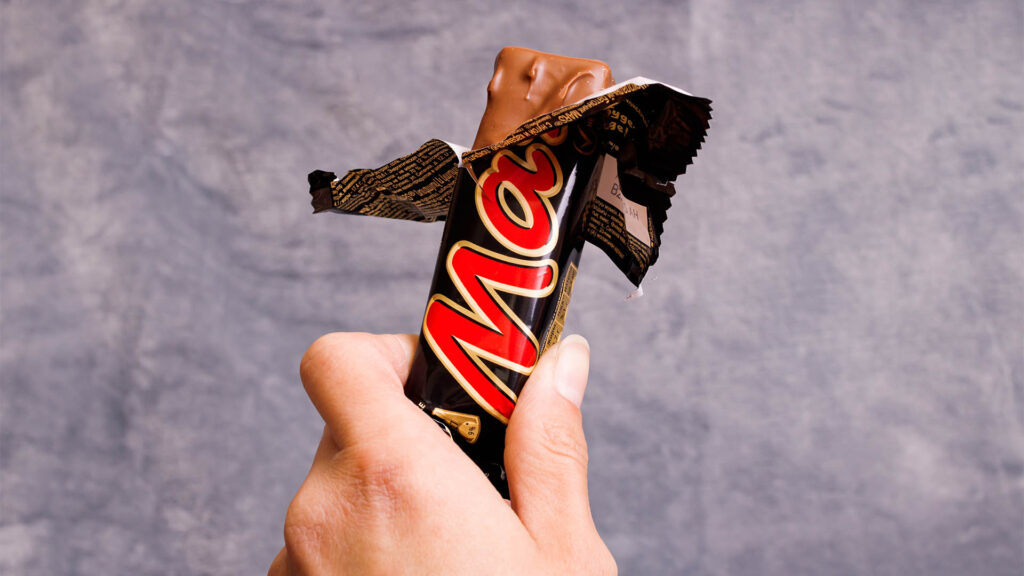Mars, one of the world’s biggest companies dominating candies, food, chocolates, snacks, and especially pet food and pet care products, is aiming to expand its reach into salty snacks (think chips) by acquiring the Kellogg spin-off, Kellanova, for over $22 billion.
The news sent shares soaring 16% on Monday, following weekend rumors of Mars’ interest in Kellanova. Known for Pop-Tarts and Pringles (previously purchased from Procter & Gamble by Kellogg for a hefty $2.7 billion in 2012), Kellanova would significantly bolster Mars’ weak position in the salty snack market.
Kellogg spun off Kellanova last year to focus on snacks and other foods, leaving the renamed WK Kellogg with traditional cereal brands like Corn Flakes, Fruit Loops, and Special K. Kellanova’s market value jumped from approximately $22 billion on Friday to $24.6 billion by Monday’s close.
If successful, this deal would be one of the largest M&A transactions of the year and the biggest in the packaged foods sector. For reference, J.M. Smucker acquired Hostess Brands (maker of Twinkies) for $5.6 billion last September.
Kellanova’s strong performance, driven by increased demand in North and Latin America (excluding the U.S.), has led to better-than-expected results and an upward revision of its guidance.
A successful acquisition would add brands like Whiskas, Pal, Mars Bars, M&Ms, Snickers, Dolmio sauces, Dove Chocolate, Life Savers, Skittles, Starburst, Twix, Orbit, Milky Way, and Wrigley gums to Mars’ already extensive portfolio of over 50 global brands. In Australia alone, Mars would dominate supermarket shelves with products including M&M’s, Snickers, Dove, Mars, Wrigley’s, Orbit, Masterfoods, Extra, Raris, Whistle, Pamesello, TastyBite, Pedigree, Whiskas, Royal Canin, Dolmio, Gomo, Cocoavia, Double Mint, TWIX, Advance, Schmackos, Optimum, Greenies, Temptations, Eukanuba, IAMS, Nutro, Tril, Pedigree, exelpet, Harmony, Golden Cob, Catsan, GoodO, Linnaeus, MyDog, and Dine.
Such dominance is likely to raise concerns among major supermarkets worldwide, as well as rivals like Nestle, Unilever, and Mondelez. Regulatory bodies, such as Australia’s ACCC and America’s Fair Trade Commission, will scrutinize the deal closely due to growing concerns about reduced competition and increased market concentration. The latter is particularly focused on blocking retail takeovers, as evidenced by its opposition to the proposed merger between Albertsons and Kroger.

